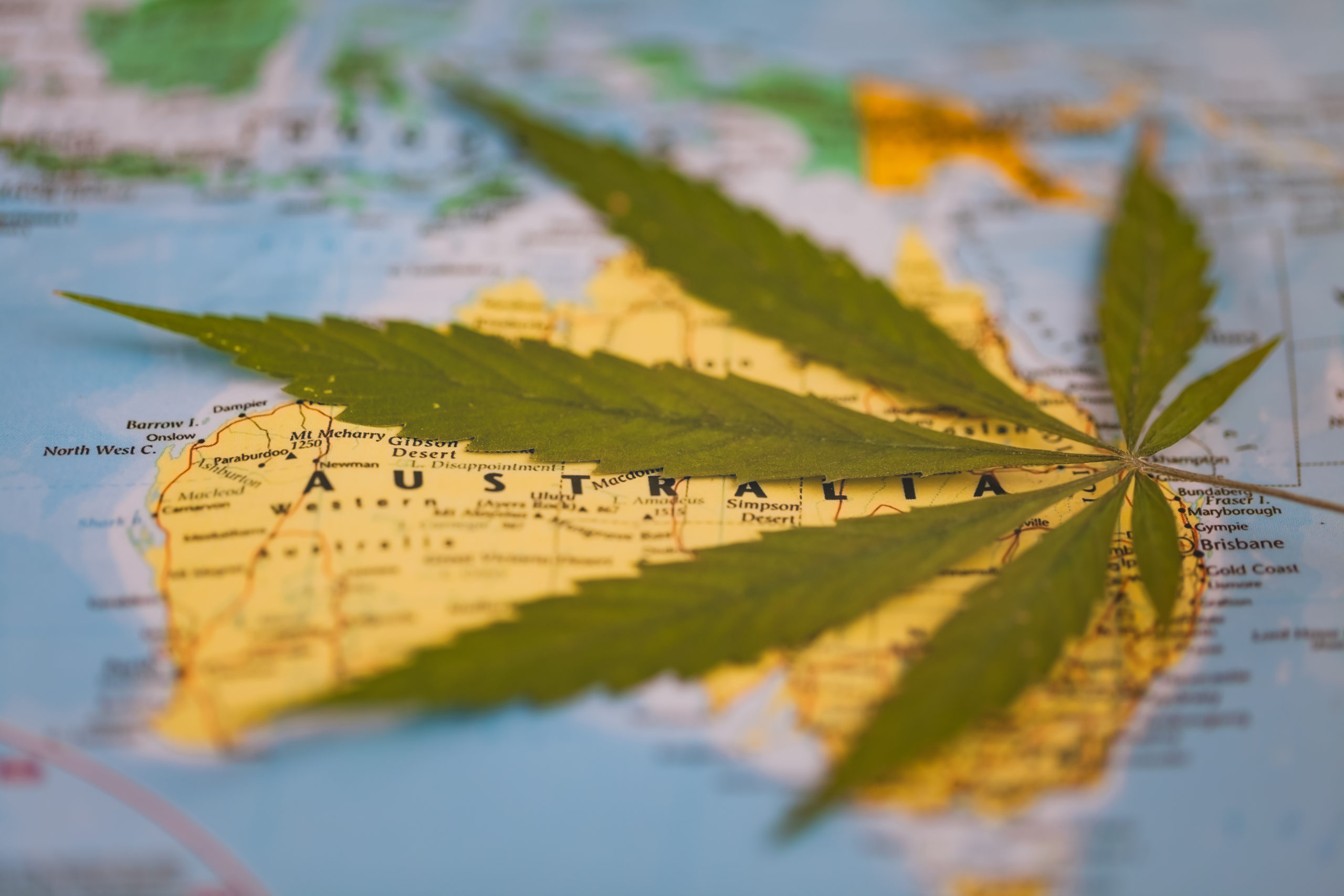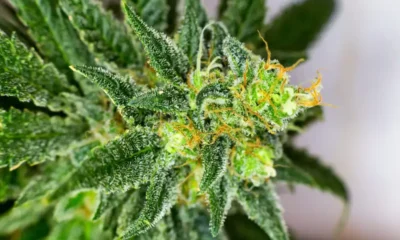Connect with us
Published
2 years agoon

The Australian parliament first legalized the cultivation of cannabis for medicinal and scientific purposes in 2016. Now the first academic study of national medicinal cannabis data by the University of Sydney’s Lambert Initiative for Cannabinoid Therapeutics, published in Frontiers in Pharmacology, is unveiling new findings on the prescription of cannabis in the country.
The study found that medicinal cannabis has been prescribed for more than 140 conditions since the beginning of the program and that anxiety was among the top three reasons for a medicinal cannabis prescription, despite a limited number of high-quality clinical trials investigating the efficacy of cannabis (or at least high-THC cannabis) for anxiety.
Senior Author Dr. Elizabeth Cairns addressed this, saying the current evidence base for medicinal cannabis for anxiety is limited to studies investigating CBD-dominant products rather than THC-containing products.
“Historically, the effects of THC have been described as anxiety-inducing, although this may depend on the dose size and other factors,” Cairns said.
Researchers found the other two top reasons for prescriptions were pain and sleep disorders. Similarly, the research cites that evidence of effectiveness for medicinal cannabis for pain treatment is controversial in the country. The Australian Faculty of Pain Medicine suggests that medicinal cannabis should not be prescribed for pain relief, and the research similarly cites that few studies have been done examining cannabis to treat sleep disorders.
Associate Professor Vicki Kotsirilos from Western Sydney University, another co-author of the study and a medicinal cannabis prescriber as a general practitioner, said that top reasons for prescriptions weren’t surprising to her, citing that pain, anxiety and sleep issues are often connected.
“Chronic pain can also cause mental health and sleep issues,” Kotsirilos said.
Though, she added that cannabis prescriptions for many should be prescribed as a last resort, after more evidence-based behavioral and drug therapies, like counseling, exercise and deep breathing for these symptoms, have failed or are considered to have limited clinical benefit.
According to the research, flower-based cannabis products containing THC were also being prescribed most to men aged 31 or younger.
Rhys Cohen, a spokesperson for CannGroup and a co-author on the study, told VICE that the people gaining access to medicinal cannabis are largely accessing products that “have not been proven to be effective for treating anything in particular.”
Cohen sadded, “These are unregistered medicines that haven’t gone through normal drug-approval processes.”
Cohen said one reason for this is because of the clinical psychiatric needs being left unmet in the country. He said that leaders and medical professionals are already aware that people using cannabis for medicinal purposes (with or without a prescription) or more likely than the general public to be living with high levels of psychological distress, to come from poor areas or have less access to the healthcare they should be able to access.
Drug lawyer and academic Mat Henderson similarly told VICE that he believes the uptick in medicinal cannabis prescriptions comes alongside the public’s distrust for the SSRIs available on the market for psychiatric treatment. He said a lot of people are making the switch because their previous cocktail of over-the-counter prescription meds did more harm than good.
“Are cannabinoids a long-term solution to the tidal wave of anxiety and depression in Western society? For many, maybe. It’s gotta be better than the current status quo,” he said.
The research also found that the amount of medicinal cannabis prescriptions increased significantly since 2020, with more than 85% of the total prescriptions to date occurring since January 2020. The researchers said they are unable to say whether the surge was related to the pandemic.
They also found that Queensland prescribers were responsible for more than half of prescriptions nationally, which far outpaced per capita prescribing in other Australian states.
The data does not include patient outcomes, though Cairns said the data highlights where researchers can focus their attention next.
“There is a clear, unmet need for effective drug treatments across a variety of conditions that may be being helped with medicinal cannabis” Cairns said. “For example, it could be worth conducting high-quality clinical trials on the use of flower products for anxiety, and that is certainly something that the Lambert Initiative and its collaborators may look to do in future.”


New York Cannabis Control Board Approves 101 New Adult-Use Licenses


Killer Pharmacist Who Diluted Life-Saving Drugs To Be Freed From Prison


Doctors Join Call To Regulate Intoxicating Hemp Cannabinoids


Is Your Tesla Self-Driving Car Narcing You Out?


Psychedelics Offer Long-Term Improvement in Sexual Functioning, Enjoyment


March Marks New High for Cannabis Sales in Michigan
